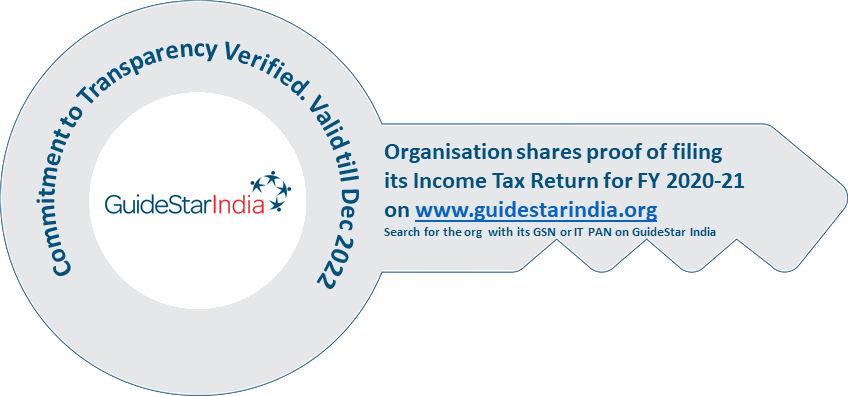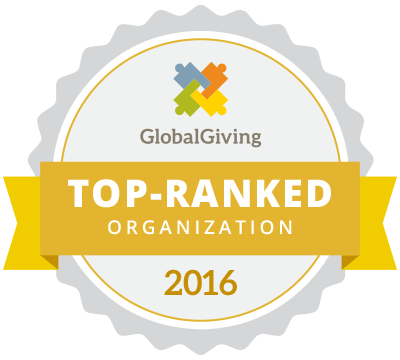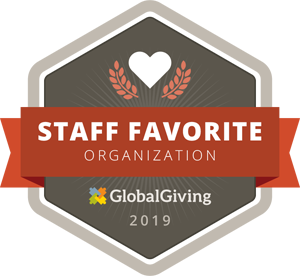With whatever development India did after liberalization and all of that jazz, us people suddenly became rich and maddeningly rushed into the middle-class slot. It was great! We all now had television sets and refrigerators and cars and many other comforts and luxuries. Money could buy so much happiness! Who would have ever thought! Who cares if the neighbour is no longer the friendly face that could be counted on, whether it was about a katori of sugar or rushing the ailing chowkidar to the hospital. While our properties expanded, our hearts shrunk.
This is maybe getting too emotional now. I will revert back to facts. The middle class got a taste of luxuries and comforts that it was previously unaware of, and it naturally liked it. The media added to this obsession through the beautiful pictures it painted of apartments, cars, shopping malls, spas, brands, lights and glitters and everything pleasant to the senses. Money then became- and continues to be- the means that will get these pretty, shiny objects.
Money measures not only the value of an object but a host of other things as well. Accomplishments, career-graph and success. Now consider the impact of nature and nurture in an individual’s life. I strongly believe that people are good and that is proven by their instinctive desire to stop and ask what is happening; to stay and smile when they see children paint; to offer help or to ask how they can help.But then nurture and societal constructs have taught the generations that helping the disadvantaged groups is charity and therefore should not be done if it causes the slightest inconvenience to the giver. It has also taught that money is the most important thing, should be placed over even personal interests and talents and way over ideas of justice, humanity and right/wrong.
This is the missing link that will create a lot of set-backs for initiatives like Street Smart. If we are looking to working for the development of our street children holistically, we also need to try and change the way our privileged society thinks- through educational reforms, through better parental guidance and through a greater stress on “all of us” rather than “just me”.
We recently met an inspiring 20-year old from Sweden who told us about his project “Sobriety” that seeks to work with youngsters and adults too, to create an environment and to adapt to a lifestyle that is free from addiction of any kind. It is not a de-addiction organization but instead, looks at sobriety as a way of life. This is exactly what we need too. Not just in the area of substance abuse, which is a huge problem in India but also in the areas of inculcating sensitivity, creativity, proactivity, honesty and other positive values among our youth and the older population too.
Without it, much of our work will prove ineffective because we will have to continuously fight against the larger population that will resist inclusion of people who are deemed “misfits”.







We as a society do pay a price – as it "develops" – However, one can feel frustrated about that, or capitalize on some "gems" that are also a product of that same growth/developing society. It sure feels to me (reading your blog), that you all seem to be doing a a good job in capturing the "better" segment of the society (and perhaps leading by example)Surely, your "satisfaction level" is presumably higher, because you have to and are overcoming so much "negativity". If it wasnt for the challenge – would you folks still want to do what you are doing, and feel good about it!!!
What you say is true. However, looking at the high price that so many people have to pay for "development"- like our kids and their families, for instance- it does get a little depressing to realize how shallow our quest for development really is. But as you say, there is good and there is bad everywhere, and most of the days, we are positive and happy about being part of something meaningful and real, and about being connected with people like you! Thanks for the support!